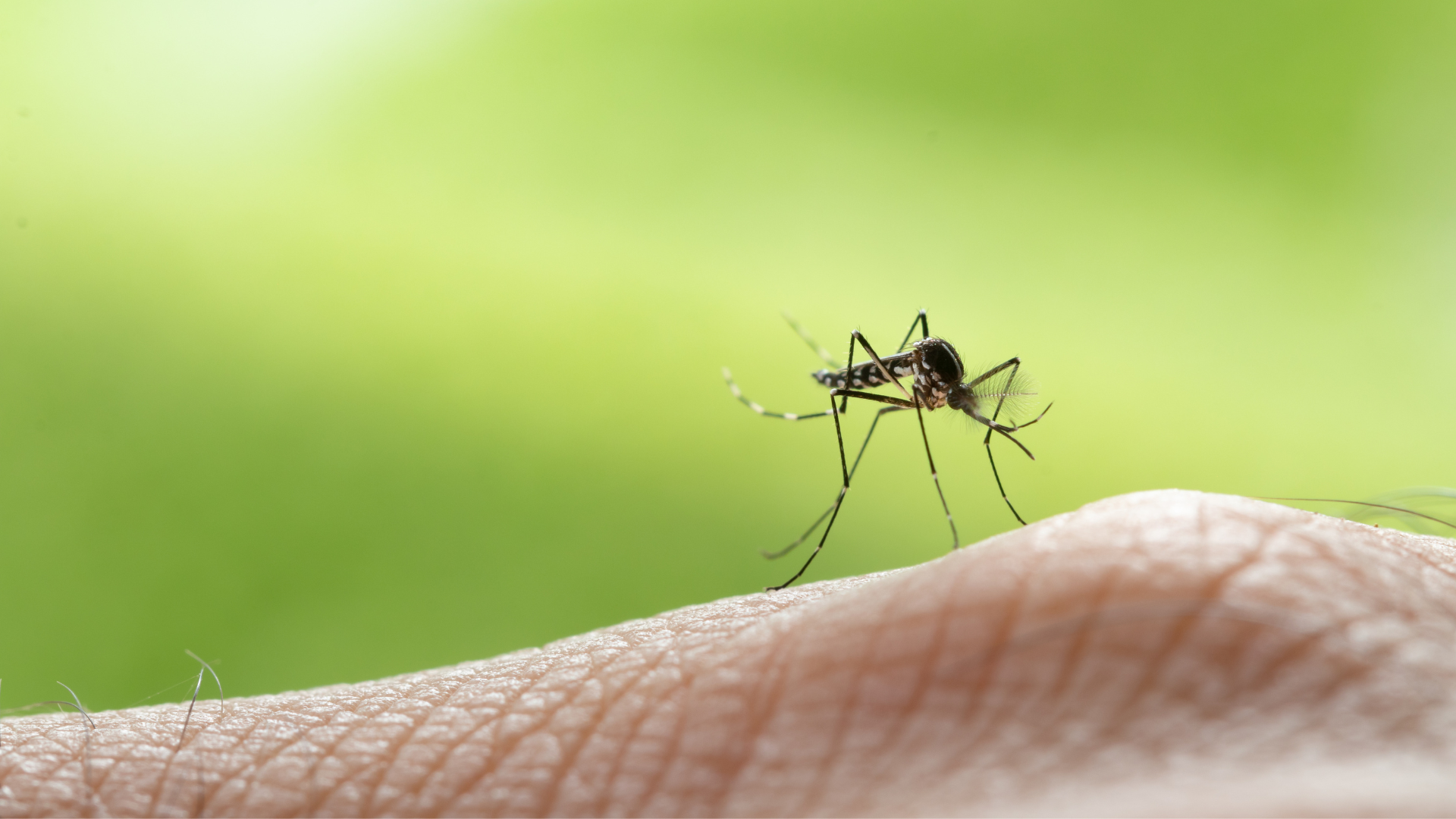
18 Jun Dengue or Chikungunya? Know the Difference
Dengue and Chikungunya are both caused by mosquitoes. However, the symptoms of the two manifest differently.
There are also differences in the level of severity of the two diseases, with dengue seen to be deadlier. People who have dengue have a possibility to develop severe dengue, which can cause several complications, such as respiratory problems and plasma leakage.
Knowing Dengue
Dengue is generally transmitted through a mosquito bite of an infected female mosquito. The mosquito can transmit the virus for the duration of its lifespan once infected.
Mosquitoes can become infected by people who have a symptomatic dengue infection, someone who is yet to have a symptomatic dengue infection, and even someone who shows no symptoms of dengue.
Human-to-mosquito transmission can happen up to 2 days before the patient starts showing symptoms.
Meanwhile, there is also a possibility of transmission between a pregnant mother to her baby.
Mothers who have experienced dengue during pregnancy might have babies who suffer from pre-term birth, low birthweight, and fetal distress.
There are also rare cases of infection through blood products, organ donations, and transfusions.
Symptoms usually start 4-10 days after infections, lasting from 2-7 days. Dengue symptoms include:
- High fever of 40°C
- Severe headache
- Muscle and joint pains
- Nausea and vomiting
- Swollen glands
- Pain behind the eyes
- Rash
Those experiencing severe dengue can have symptoms such as:
- Severe abdominal pain
- Persistent vomiting
- Rapid breathing
- Restlessness and fatigue
- Bleeding gums or nose
- Blood in stool or vomit
Knowing Chikungunya
Chikungunya is transmitted by Aedes (Stegomyia) aegypti and Aedes (Stegomyia) albopictus mosquitoes, which can also spread Zika virus.
Chikungunya patients can experience symptoms such as:
- Fever
- Severe joint pain and joint swelling
- Muscle pain
- Headache
- Nausea
- Fatigue
- Rash
Most patients recover from the disease. However, a complication might mean eye, heart, and neurological problems.
It is believed based on available study that infected individuals may be immune from future infections.
Chikungunya and Dengue Treatment
To manage symptoms of chikungunya and dengue, patients are recommended to drink lots of fluids and have plenty of rest.
For dengue patients, acetaminophen or paracetamol is recommended to avoid risk of bleeding in dengue patients.
Chikungunya has no commercial vaccine available as of now, with dengue having one vaccine currently available for use.
Contact your doctor if you are experiencing symptoms of the two diseases to avoid having complications.
Mosquito-borne diseases are widespread during the rainy season. Arm yourself with the right protection.
Get Dengue Flex here https://shop.insularhealthcare.com.ph/dengue-flex.
SOURCE:
https://www.who.int/news-room/fact-sheets/detail/chikungunya
https://www.cdc.gov/grand-rounds/pp/2015/20150519-pdf-dengue-chikungunya-508.pdf
https://www.who.int/news-room/fact-sheets/detail/dengue-and-severe-dengue



